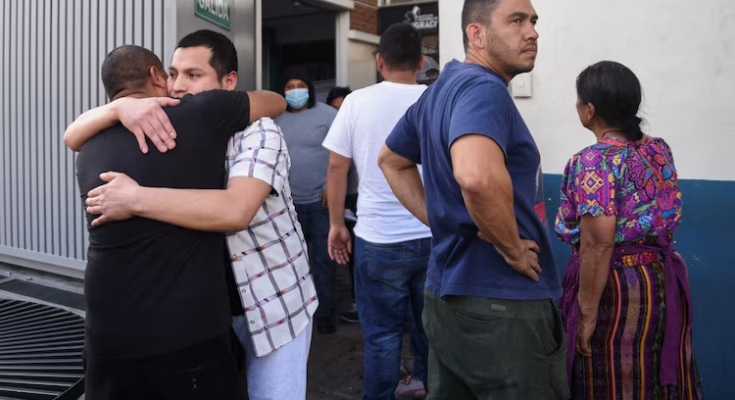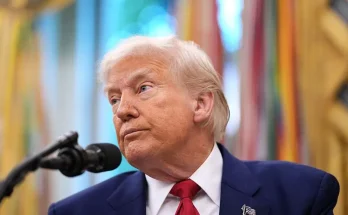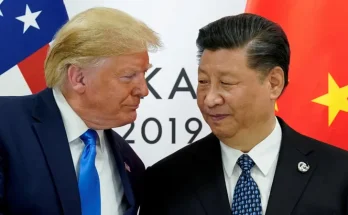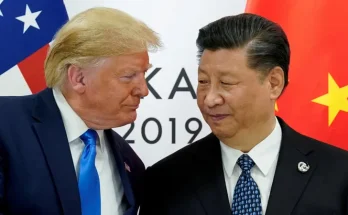From Victory to Deportation: Venezuelan Migrants Sent Home After Blocking Guantánamo Transfer
For Luis Eduardo Perez Parra, Leonel Rivas Gonzalez, and Abrahan Josue Barrios, last week seemed like a turning point—a hard-fought legal battle had spared them from being transferred to Guantánamo Bay, a fate that could have meant indefinite detention in a legal abyss.
But their relief was short-lived.
Just one day after a federal judge in New Mexico ruled against the Trump administration’s plan to send them to Guantánamo, the three Venezuelan men found themselves on the first deportation flight to Venezuela in over a year, according to their attorney, Jessica Vosburgh.
A Hollow Victory?
The New Mexico court ruling, a landmark legal challenge, had prevented the U.S. government from transferring the men to the notorious military facility. The judge’s decision marked the first successful block of the Biden administration’s policy of detaining certain migrants at Guantánamo Bay, a controversial measure introduced just last month.
However, within hours of their legal victory, the government executed a different course of action—deportation.
“It’s hard to imagine that this wasn’t retaliation for them filing a habeas petition and challenging their transfer to Guantánamo,” Vosburgh told ABC News. “The court’s order only applied to Guantánamo, so instead, they were deported the next day. It feels like a slap in the face.”
While Vosburgh stopped short of calling it outright retaliation, she said the circumstances were suspicious.
“With thousands of Venezuelan migrants still awaiting deportation, why were these three men suddenly prioritized for removal? It’s hard not to see a connection between their legal challenge and what happened next.”
Branded as Criminals, Sent into Danger
Adding to the troubling circumstances surrounding their deportation, Vosburgh criticized the administration’s unfounded claims that her clients were part of the Tren de Aragua—a Venezuelan gang.
Two of the three men had no criminal records, and the third had only been accused of a non-violent offense.
Yet, the U.S. government branded them as gang members, a designation that could have dire consequences in Venezuela, where President Nicolás Maduro has openly linked the Tren de Aragua gang to his political opposition.
“Labeling them as gang-affiliated is reckless and dangerous,” Vosburgh said in a court filing. “It follows a disturbing pattern, starting on the Trump campaign trail, of scapegoating migrants and painting all Venezuelan men as dangerous criminals.”
She accused the administration of weaponizing false narratives to justify extreme measures like detaining migrants at Guantánamo Bay.
A Year of Trauma and a Painful Return
Despite the sudden deportation, Vosburgh confirmed that her clients had safely reached their homes and reunited with their families—but not without lasting scars.
After spending over a year in immigration detention, the men endured “dismal conditions”, leading to severe depression and suicidal thoughts.
One of them, just last month, attempted self-harm and had to be hospitalized in a psychiatric facility.
The court filing also highlighted the deep emotional toll of their separation from loved ones in the U.S.
“Mr. Rivas Gonzalez has not been able to hold his young daughter for half of her life,” the filing noted. “Their separation may now be permanent.”
Vosburgh called the entire ordeal a grave miscarriage of justice.
“It is deeply regrettable that these men had to suffer so much for so long,” she wrote. “Their removal under these circumstances is an affront to justice.”
The Bigger Picture
The case has broader implications for immigration policy under the Biden administration, particularly as Guantánamo Bay emerges as a potential detention site for migrants.
While these men escaped indefinite detention at Guantánamo, their sudden deportation raises serious questions about how and why the U.S. government is deciding who gets removed first.
For now, their legal battle is over. But for countless other migrants still in detention, the fight against Guantánamo transfers and targeted deportations is just beginning.



